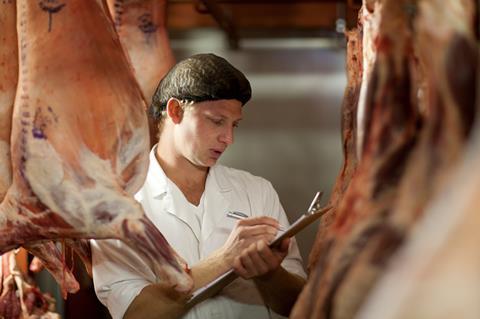
Concerns over illegal meat imports are growing amid industry, as Port Health Authorities slam the government’s “shocking” new border checks funding package.
Food industry leaders have recently raised the alarm with the Department for Environment, Food and Rural Affairs, arguing a slackening of border controls coupled with health authority budget cuts could open the door to illegal meat imports and expose Britain to fast-spreading disease.
The government announced last week it was investing £3.1m to Dover Port Health Authority for 2024/25 to help Border Force tackle illegal meat imports and “keep African swine fever out of Great Britain”.
But the Port Health Authority chief argued the amount was a cut to its previous funding and would hinder the border team’s ability to conduct checks on illegal meat entering the UK.
The budget cuts would open the doors to “catastrophic” disease amid growing cases of ASF across Europe, said Lucy Manzano, head of port health and public protection, Dover Port Health Authority.
Just last month, France increased its surveillance for ASF along part of the border with Germany, increasing fears that the disease might reach pigs in the UK.
“Our response to the government’s announcement on African swine fever checks is one of shock,” Manzano said.
“The funding offered for 2024/25 is a cut to our resources which will eventually see ASF checks reduced to zero at Dover, leaving the UK’s most important border open to catastrophic disease incursion into the country.”
Read more: Defra budget cuts to Dover food inspections ‘serious’ risk to UK food safety
DPHA has previously said it would need at least £4m-£5m to properly resource its inspection teams – which intercepted nearly 60 tonnes of pigmeat between 2022 and the start of this year – and enable them to confiscate illegally imported meat.
“These actions will not protect British farmers. By cutting the funding and checks which are completed by the Dover Port Health Authority – not Border Force – the government is actively reducing the protections in place for UK supply chains and farmers,” Manzano said.
“We are urging the government to provide this critical funding now and for 2025/26.”
Last week, Defra banned imports of pork and pork products from the EU, unless those products were manufactured and packaged to EU commercial standards and weighed less than 2kg.
But DPHA also warned a reduction of physical checks at the government-run border facility in Sevington meant people could use commercial routes to bring illegal meat into Britain.
Prior to the April 2024 implementation of the Border Target Operating Model (BTOM), the government’s post-Brexit border strategy, DPHA teams were responsible for commercial border checks as well as personal.
Those have since moved 22 miles inland to the government’s border control post in Sevington, near Ashford, where documentation and physical controls are currently in place for medium and high-risk goods like meat and dairy.
But Manzano said goods were simply being waved in at Sevington without proper checks to avoid a backlog of trucks and delivery delays – echoing what many traders and logistics providers have said in recent months.
“The government’s statement that commercial imports are being checked at the border is fundamentally misleading,” she said, adding “goods are being routinely ‘pre-cleared’ online so the government can avoid queues at their [Sevington] facility”.
“This has effectively created an illegal meat gateway into the UK via Dover – with hundreds of tonnes of illegal meat coming into the country using the commercial route every month as a result.
“Change is needed now,” Manzano urged.
Read more: Brexit costs mount for industry as Defra urged to address border chaos
Her warnings came at the same time as senior industry figures met with former Food Standards Agency chief and new director general for food, biosecurity and trade at Defra, Emily Miles, to voice their worries.
One source present at the meeting told The Grocer Miles acknowledged that Defra was “extremely concerned about the threat from ASF and recognised its potential to harm the UK pork industry and would be doing all it could to mitigate the threat”.
However, they added it was “hard to see how any more cash could be ring-fenced for border control given the state of the public purse” and agreed that banning non-commercial pork imports was “only going to be effective if appropriate levels of controls are in place”.
The issue of illegal meat imports is also a growing concern for the FSA’s National Food Crime Unit, it admitted in its new annual assessment report out last week.
“Illicit imports of pork products are a continuing threat to UK animal health and the viability of the pig sector when arriving from regions where controls on the export of meat are in place to prevent the spread of African swine fever,” the report said.
“Intelligence now indicates it is highly likely that methods of importation are evolving to include document fraud and false health marks to evade controls.”
The NFCU said that though it was “likely that small-scale illicit pork imports are to service localised demand within families or communities, the destination and degree of further processing of the inbound meat within the UK, and how it is disposed of, remains an intelligence gap”.
Furthermore, there was a lack of information as to the extent of deception by businesses placing these products on the market, the report said, noting that available sampling results for 2023 showed that beef and pork were the most commonly misrepresented meat products.
Defra said preventing an outbreak of ASF in the UK remained one of its key biosecurity priorities, and that it kept policy on personal meat and dairy imports under constant review.
It was also working closely with devolved governments on contingency planning and preventing an incursion from infected goods, it stated.



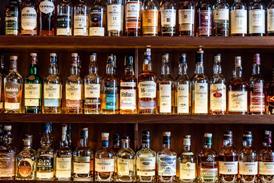



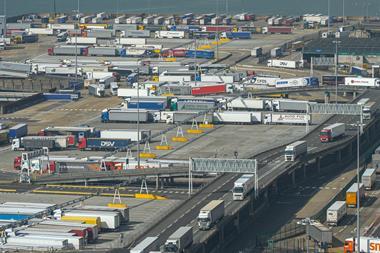
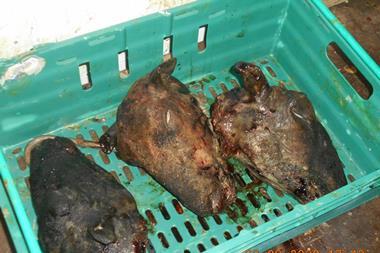
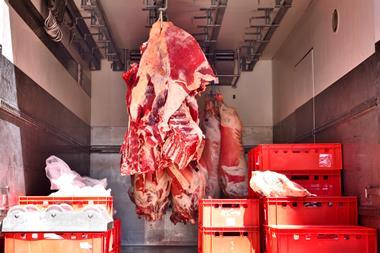
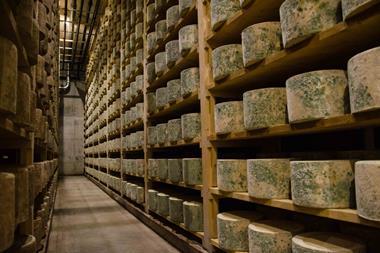
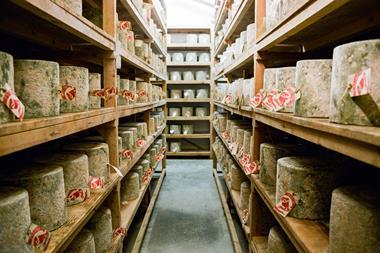
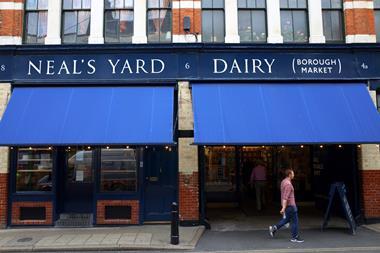




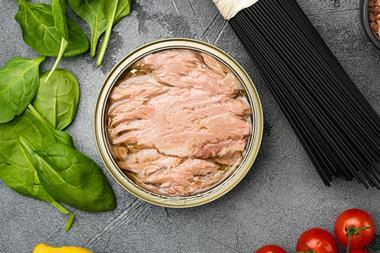

No comments yet